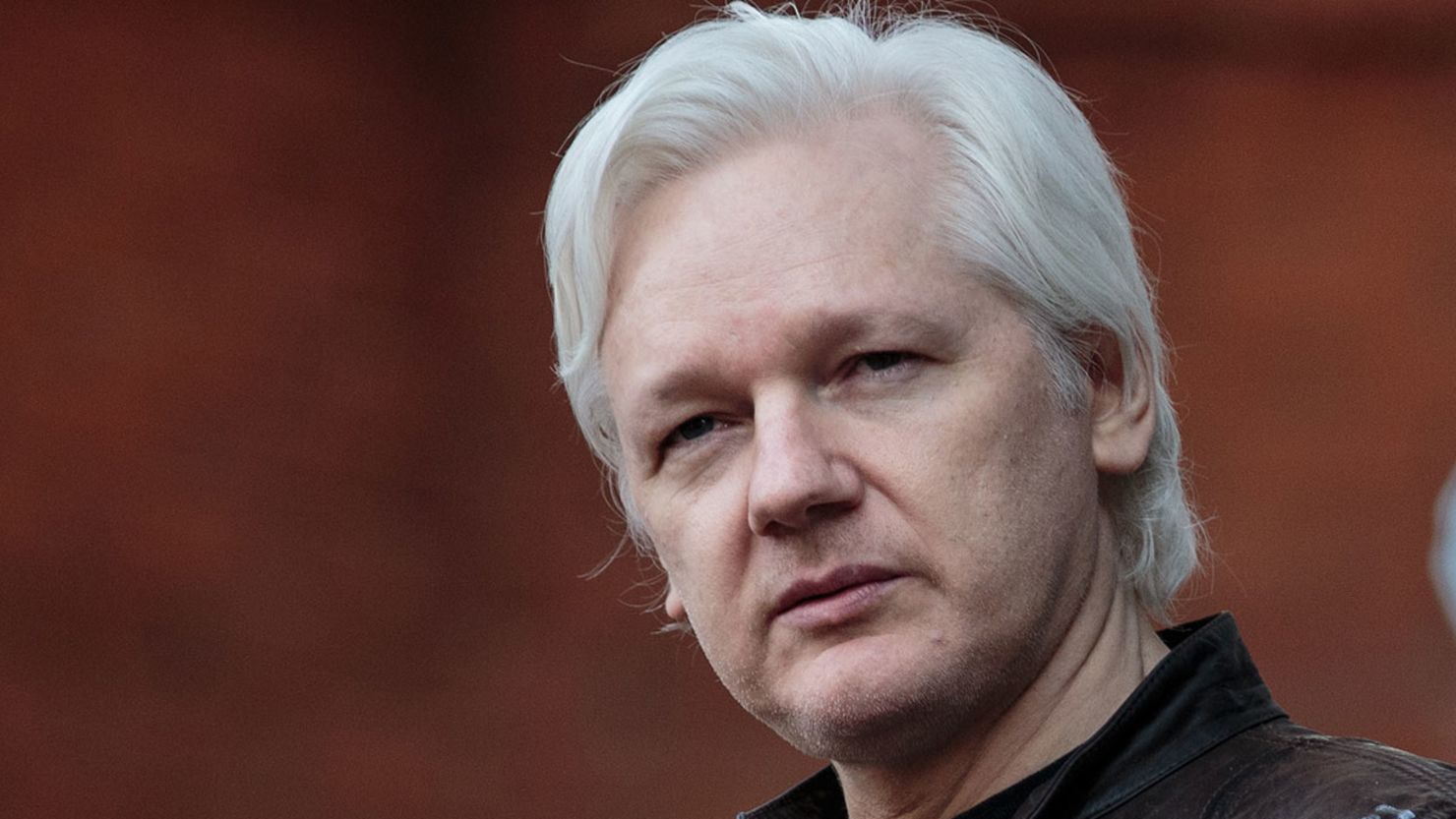Julian Assange, who was freed from a London prison
through a plea agreement, has returned to his home country of Australia.
At Canberra Airport, there were tearful scenes as the
founder of Wikileaks hugged and kissed his father, with his attorneys present
and clearly moved.
Soon after her husband came, Stella Assange stated at
a press conference, "Julian needs time to recover, to get used to
freedom."
Assange and US officials have been engaged in a legal
dispute for the past 14 years because they believe Assange leaked confidential
documents that could have endangered lives.
The 52-year-old allowed his attorney and spouse to
speak for him at the press conference in Canberra rather than attending
himself.
"You have to understand what he's been
through," Mrs Assange said, adding that they need time to "let our
family be a family".
The couple married in London's Belmarsh prison in
2022, and have two children together.
The plea deal saw Julian Assange plead guilty to one
charge of conspiracy to obtain and disclose national defence information,
rather than the 18 he was originally facing.
The case centred around a massive Wikileaks disclosure
in 2010 when the website released a video from a US military helicopter which
showed civilians being killed in the Iraqi capital Baghdad.
It also published thousands of confidential documents
suggesting that the US military had killed hundreds of civilians in unreported
incidents during the war in Afghanistan.
The disclosures gained international attention,
sparked outrage from all around the world, and prompted close examination of US
involvement in overseas conflicts.
Two days after his release from Belmarsh jail, Assange
formally entered the charge on the isolated American territory in the Pacific
known as the Northern Mariana Islands.
He was given a sentence of time already served in
exchange and allowed to depart for home.
Jen Robinson, his attorney, stated to the media that
the agreement created a "dangerous precedent" and "criminalized
journalism."
The media "realizes the danger of this US case
against Julian, that criminalizes, that has secured his conviction for
newsgathering and publishing information that was true, that the public
deserved to know," Mrs. Assange said, saying she hoped.
Additionally, information about a phone conversation
between Assange and Australian Prime Minister Anthony Albanese—who has played a
key role in securing his release—was provided by his attorney.
Ms. Robinson stated that Assange informed the prime
minister that he "saved his life," and she added, "I don't think
that's an exaggeration."
"This is a huge win that Australia stood up to an
ally and demanded the return of an Australian citizen," she stated.
At his own press conference on Wednesday, Mr. Albanese
expressed his satisfaction that the case is now over and noted that the founder
of Wikileaks had gone through a "considerable ordeal."
The PM has said in the past that he does not agree
with everything Assange has done, but "enough was enough" and it was
time for him to be released, making the case a priority.
When asked whether the plea deal may affect
US-Australia relations, he said: "We have a very positive relationship
with the United States. I regard President Biden as a friend, I regard their
relationship as being absolutely central."
The US State Department said its involvement with
Assange's case had been very limited. It added that the 52-year-old's actions
had put the lives of US partners, allies and diplomats at risk, and that the
Wikileaks releases had "chilled" the ability of US diplomats to build
relationships abroad.
Assange resisted US efforts to extradite him so he
could face charges related to the document leaks over the last five years while
incarcerated at London's highly secure Belmarsh Prison.
He was accused of both rape and sexual assault in
Sweden in 2010, both of which he denied. He claimed that the Swedish case would
result in his being transported to the US and spent seven years hiding in
Ecuador's embassy in London.
In 2019, the Swedish authorities threw out the case,
citing the passage of too much time since the initial allegation.
It is regrettable, according to Swedish women's rights
organizations, that he was never officially questioned about the rape claims.
"With his release, a chapter of shame and
betrayal comes to an end," Swedish Women's Lobby director Clara Berglund
told Reuters.
"This is about a case that takes place on the
major political stages, and men's violence against women is given incredibly
little weight."






.jpeg)



0 Comments